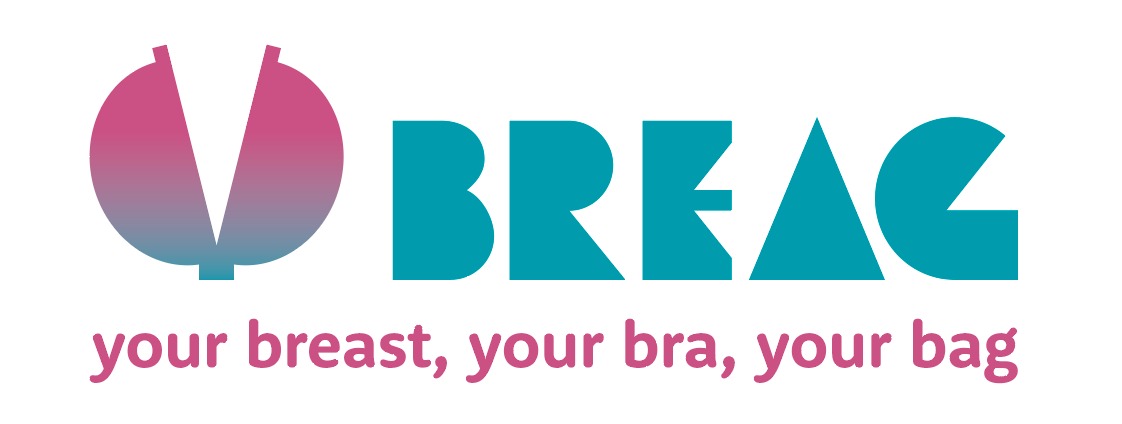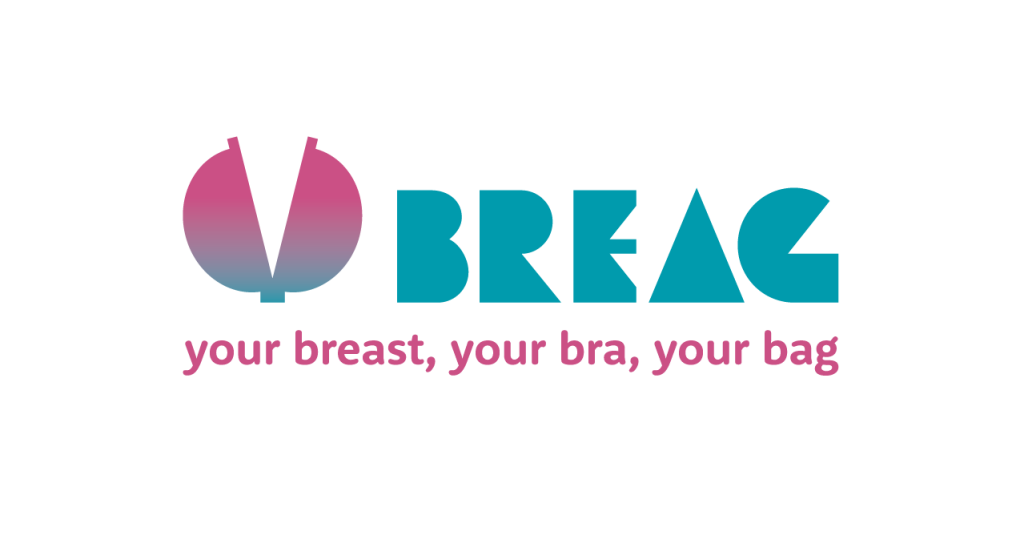TIPS
If you discover a lump during your self-breast examination, there is no need to panic. In many cases, women have lumps in their breasts that are not malignant. Factors such as hormonal changes and benign breast conditions can result in benign growths. Are you uncertain? Consult with your general practitioner. However, in case you do find yourself diagnosed with breast cancer, here are some useful tips for you.
During chemotherapy, you may experience issues with your mouth, throat, and gums. If possible, visit a dental hygienist before starting treatment to begin with well-maintained dental health. They can also provide tips on what to use or avoid during the treatment.
Consider microblading: tiny cuts (micro) are made in your eyebrows with a blade, which are then filled with pigment. Thin hair-like lines are drawn with the blade to mimic natural hair. If you eventually lose your hair, the ’tattooed’ hairs shape your eyebrows, making you look less like a cancer patient.
The shampoo and conditioner from Mediceuticals promote hair growth and strengthen the hair follicle. During treatments, you nourish your scalp with these products, so your hair can grow faster and healthier after treatments.
During treatment, you may notice sensitivity in your nail bed, and you might develop fungal nails. Therefore, start applying anti-fungal cream to your nails from the beginning of the treatment (available at the pharmacy). You may also get brittle nails. Hardening nail polish (for example, from OPI) can help with this. And if you want some color on your nails, the brand MÊME offers protective silicon nail polish in various shades, specifically designed for those undergoing chemotherapy.
If you are undergoing radiation, you may experience itching. Palmer’s Skin Therapy Oil (Cocoa Butter Formula) works wonders and is available at the pharmacy.
If you experience digestive issues during treatment, consider taking L-Glutamine: an amino acid that promotes the rebuilding and repair of your intestines (approved by my oncologist).
Before, during, and after treatments, you go through an enormous roller coaster of emotions. In the hospital, they do everything they can to get you better. However, there is often little attention to what breast cancer truly does to you. After treatments, you may find yourself alone again because you’re ‘done.’ Talking to friends and fellow patients can be helpful. However, discussions with a medical psychologist or a breast cancer coach provide stability to process the trauma and are particularly valuable in helping you regain control of your life after treatment.
Even if it’s challenging and you feel tired! On difficult days, try alternating 1 hour of walking with 1 hour of rest. This way, you still get the necessary exercise and fresh air. Oncological physiotherapy can also be a helpful solution in this regard.
During your treatment, try to remain at work for as long as possible, even if it's on a part-time basis. The more active you can stay, the smoother the transition back to full-time work will be.
Do you have any more tips for women undergoing treatment for breast cancer? Feel free to send a message to info@breag.nl.

